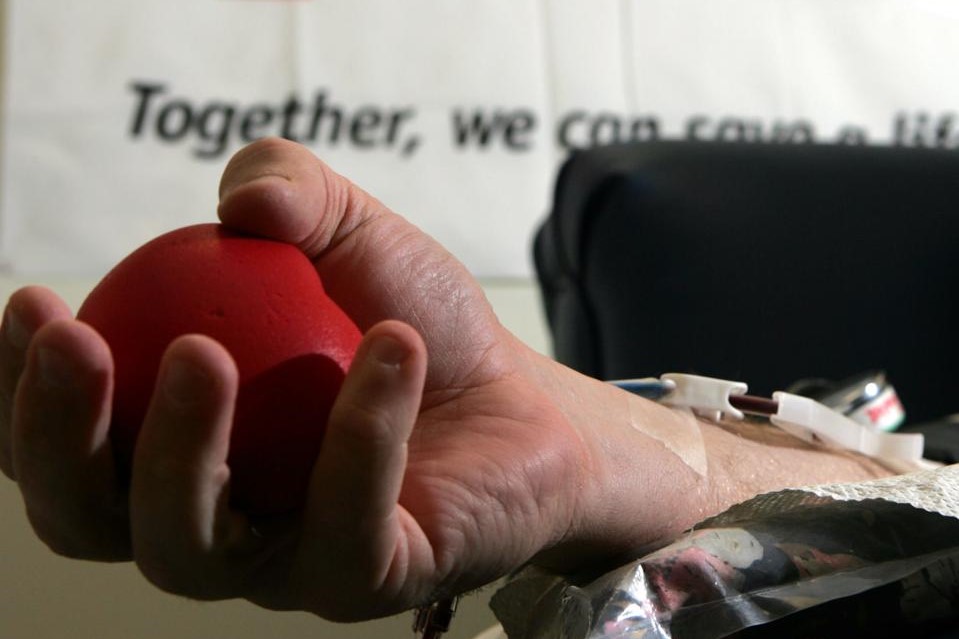
What is cholesterol and why is it tested to quantify the level of (total) cholesterol in the blood?
Cholesterol is a lipid molecule that is indispensable for the body as it is one of the constituents of the cell membranes of organs and tissues
Cholesterol is also the starting molecule for the synthesis of certain hormones, vitamin D and bile acids, which are necessary for the absorption of nutrients and proper functioning of the body
Cholesterol is produced by the liver in quantities adequate for our needs; it is also introduced through the diet via certain foods such as eggs, meat and cheese that are rich in it.
It circulates in the blood in particles, called lipoproteins, which are made up of a combination of proteins, cholesterol, triglycerides and phospholipids. Lipoproteins can be high-density (HDL-cholesterol) and low-density (LDL-cholesterol).
HDLs transport cholesterol (so-called ‘good’ cholesterol) from peripheral tissues to the liver, whereas LDLs are responsible for transporting cholesterol (so-called ‘bad’ cholesterol) to peripheral tissues.
Cholesterol must be monitored and kept within normal levels, as, in the presence of high concentrations, it can be deposited in the walls of arterial vessels, participating in the formation of so-called atherosclerotic plaques.
The latter cause blood vessels to harden and can potentially rupture, leading to the formation of emboli or thrombi that occlude arteries causing heart attacks, strokes and other cardiovascular diseases.
The test measures the combined ‘good’ and ‘bad’ cholesterol in the blood to investigate the risk of cardiovascular disease.
What does the cholesterol test result mean?
If the level is too high, the patient is at risk of developing cardiovascular disease and being prone to heart attack and stroke.
How is the test performed?
The test is performed by taking venous blood from the arm.
The examination is neither dangerous nor painful.
The patient can feel the pinch of the needle entering the arm.
Are there any preparation rules?
It is advisable to fast for 6-8 hours before the blood sample is taken.
Please note that the results of the laboratory tests must be framed by the doctor, taking into account any medications taken, phytotherapeutic products and medical history.
Read Also:
Emergency Live Even More…Live: Download The New Free App Of Your Newspaper For IOS And Android
Defibrillator: What It Is, How It Works, Price, Voltage, Manual And External
The Patient’s ECG: How To Read An Electrocardiogram In A Simple Way
Signs And Symptoms Of Sudden Cardiac Arrest: How To Tell If Someone Needs CPR
Inflammations Of The Heart: Myocarditis, Infective Endocarditis And Pericarditis
Quickly Finding – And Treating – The Cause Of A Stroke May Prevent More: New Guidelines
Atrial Fibrillation: Symptoms To Watch Out For
Ischaemic Heart Disease: What It Is, How To Prevent It And How To Treat It
Family Hypercholesterolemia: What It Is And How To Treat It



